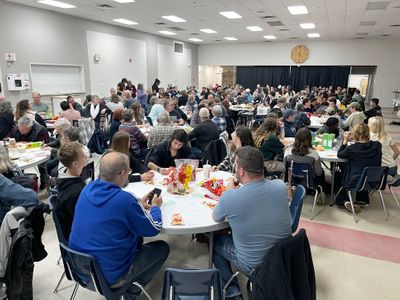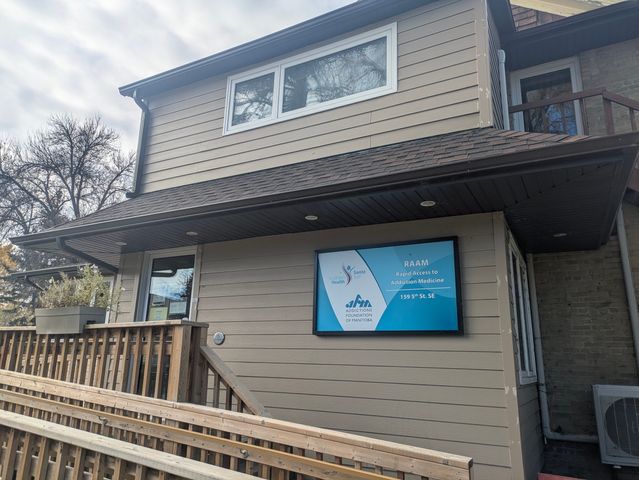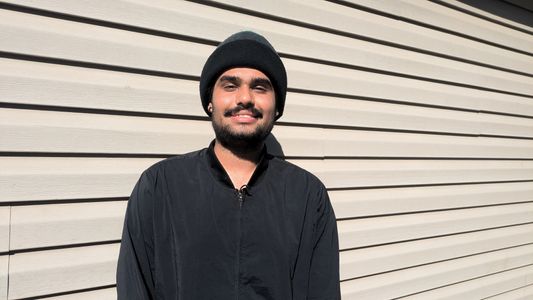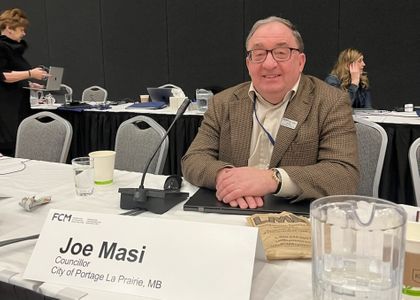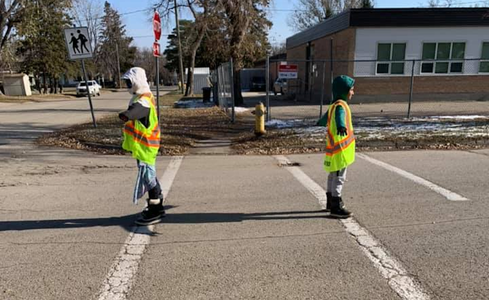Local News
Lived experience shapes call for stronger addiction strategy
When it comes to tackling Manitoba’s drug crisis, few voices carry the weight of someone who has endured decades of addiction and found the road to recovery. Joseph Fourre, who lived 40 years in addiction before achieving six years of sobriety, says the province’s current plan falls short and risks leaving people behind. The local picture in Portage la Prairie Portage sits within the Southern Health–Santé Sud region, where a dedicated Rapid Access to Addiction Medicine clinic operates in Portage la Prairie to provide walk-in support without referral, a sign of sustained local demand for services. Community groups here regularly mark Overdose Awareness Day and run prevention efforts, reflecting the reality families face across the city. Portage has also been repeatedly flagged in public discussions about crime severity, a social indicator that local officials have linked in part to substance use, an issue the city has publicly engaged Statistics Canada on, and one highlighted in national rankings in recent years. Concerns about the 72-hour plan Fourre says the intention behind the recent government’s detention-based Bill 48 approach may be good, but the follow-through is inadequate. “My concerns are is the after. I mean, the intent, I believe, is good, but the strategy behind it is bad. And the 72-hour detention is not enough to be able to help people on the road to recovery,” says Fourre. He notes the reasoning around meth-induced psychosis is valid for preventing people from harming themselves or others. But he argues that short detentions without proper aftercare set people up to fail. “It’s the after effect, the aftercare. What happens after 72 hours? I know from my own experience with crystal meth, there were times where I wished people would have intervened and gotten me into treatment because I was not at a place where I could decide for myself,” adds Fourre. A personal journey through addiction Fourre shares that when he returned home in 2019, he was addicted to heroin and found detox beds unavailable. “So we searched out detox facilities. Everything was full. There was no room in the waiting periods. And I needed help right now if I was going to quit and beat this thing,” explains Fourre. He says his children decided to help him detox at home, which took 14 grueling days. “It was 14 days of hell; like 14 days. So, 72 hours to be able to get somebody sober and detoxed is not a plan at all, in my opinion,” continues Fourre. Long-term treatment needed Fourre stresses that recovery requires more than three days. He says the brain’s chemistry can take six months to reset from long-term drug use, underscoring the need for extended treatment and recovery strategies. “Long-term treatment is what we need in this province. We need a recovery strategy. We’ve been operating under a harm reduction strategy now for how many years? And we still see the death toll climbing in Manitoba,” says Fourre. Related stories: Wellness Day Event supporting addiction awareness in Portage la Prairie Warriors in Recovery assisting addicts in our community Beyond harm reduction Fourre says he supports harm reduction but insists it must lead to recovery. He argues that piecemeal solutions will only produce piecemeal results. “This plan that they have is just 72 hours. 'We’ll keep you safe and clean, and then we’ll kick you back out onto the street.' I know, after 72 hours, my first thought is like, 'I want to get high again',” notes Fourre. He calls for a “compassionate intervention” framework that empowers families and communities to step in when their loved ones cannot make decisions for themselves. “We need to start investing in people. You get them clean, you get them healthy, and you get them employable. And once they’re employable, they pay taxes. They contribute back into the community, into society, which helped them,” says Fourre. A lifetime of lessons Fourre recalls starting drugs at 13 and struggling for decades until his daughter found him homeless in Edmonton in 2019. She was about to be married and pleaded with him to return home to walk her down the aisle. She noted she didn't care what he looked like, but that he was her father and she wanted him there. “To me, that was compassion and love. And we need to approach a strategy that’s based on that compassion to build these lives back up again,” continues Fourre. He emphasizes that the crisis is not partisan, but human. “This is not a PC problem. It’s not an NDP problem. It’s not a Liberal problem. It’s a people. And we need to set aside political ideology and really come up with a solid plan that will help Manitobans get out of this crisis and get the people healthy again,” says Fourre.

